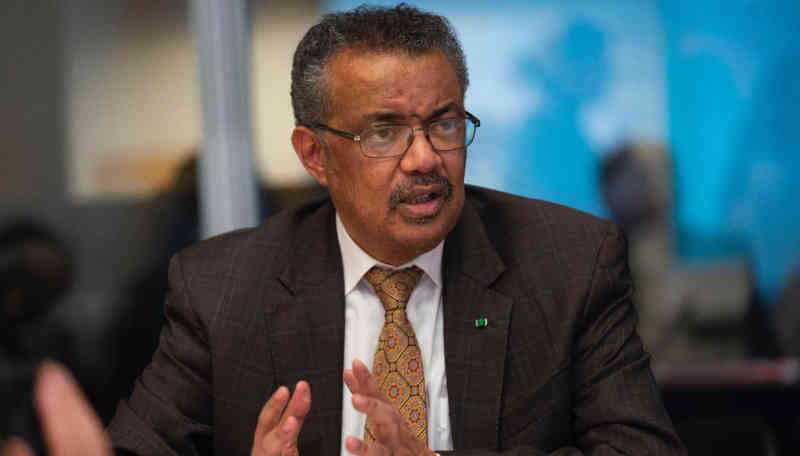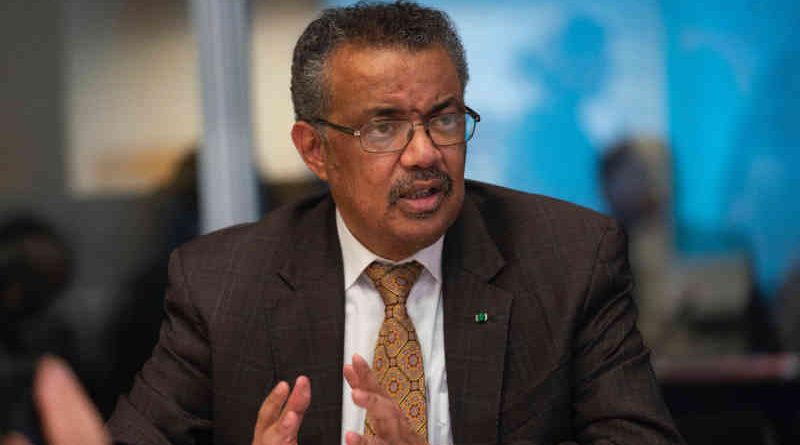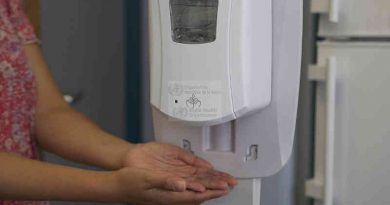New Covid-19 Law Lab to Provide Legal Information for Covid-19 Response

The Covid-19 Law Lab initiative gathers and shares legal documents from over 190 countries across the world to help states establish and implement strong legal frameworks to manage the pandemic.
The goal is to ensure that laws protect the health and wellbeing of individuals and communities and that they adhere to international human rights standards.
The new Lab is a joint project of United Nations Development Programme (UNDP), the World Health Organization (WHO), the Joint United Nations Programme on HIV/AIDS (UNAIDS), and the O’Neill Institute for National and Global Health Law at Georgetown University.
Well-designed laws can help build strong health systems; evaluate and approve safe and effective drugs and vaccines; and enforce actions to create healthier and safer public spaces and workplaces.
Critically, according to WHO, they are key to effective implementation of the WHO International Health Regulations: surveillance; infection prevention and control; management of travel and trade; and implementation of measures to maintain essential health services.
| Download All Issues of Covid Health Bulletin | ||
| April 16-30, 2020 | May 1-15, 2020 | May 16-31, 2020 |
| June 1-15, 2020 | June 16-30, 2020 | July 1-15, 2020 |
| July 16-31, 2020 | ||
“Strong legal frameworks are critical for national Covid-19 responses,” said Dr. Tedros Adhanom Ghebreyesus, WHO Director-General. “Laws that impact health often fall outside the health sector. As health is global, legal frameworks should be aligned with international commitments to respond to current and emerging public health risks. A strong foundation of law for health is more important now than ever before.”
However, laws that are poorly designed, implemented, or enforced can harm marginalized populations, entrench stigma and discrimination, and hinder efforts to end the pandemic.
The Covid-19 Law Lab is a database of laws that countries have implemented in response to the pandemic. It includes state of emergency declarations, quarantine measures, disease surveillance, legal measures relating to mask-wearing, social distancing, and access to medication and vaccines. The database will continue to grow as more countries and themes are added.
It will also feature research on different legal frameworks for Covid-19. These analyses will focus on the human rights impacts of public health laws and help countries identify best practices to guide their immediate responses to Covid-19 and socioeconomic recovery efforts once the pandemic is under control.
💛 Support Independent Journalism
If you find RMN News useful, please consider supporting us.




